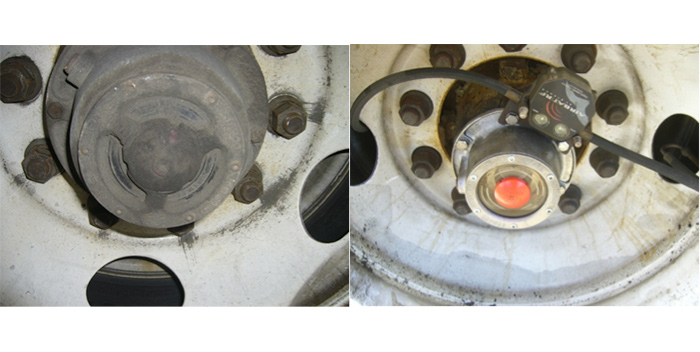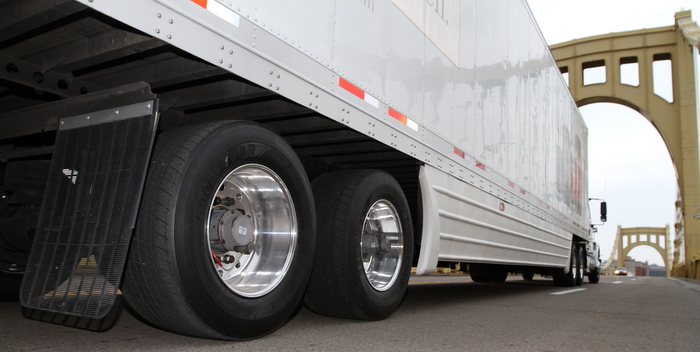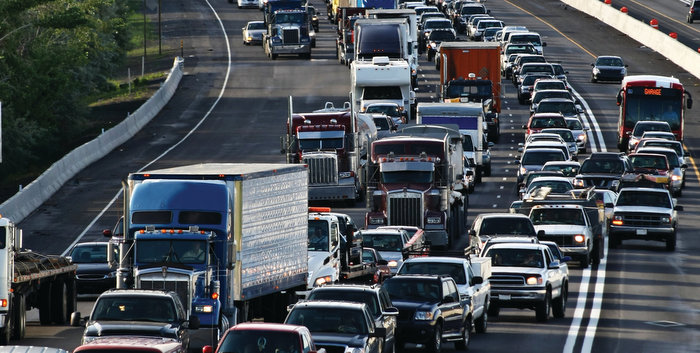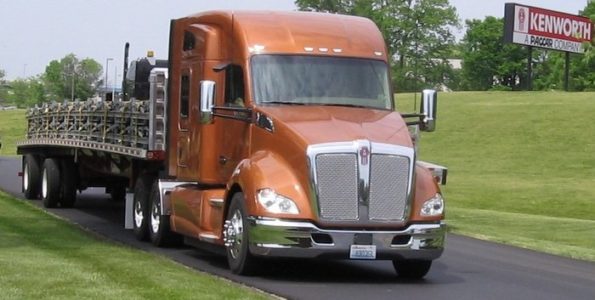Environmental and economic challenges are moving many fleets into a new business strategy, called “sustainability,” which is a series of measures designed to further re-duce the carbon emissions of trucks in the United States. According to the American Trucking Associations (ATA), in an industry with thin profit margins and escalating fuel costs, increasing fuel efficiency and minimizing fuel consumption are major goals of any trucking company. Those goals coincide with the global need for industries to reduce their carbon footprint and their overall environmental impact. ATA is confident that the trucking industry can make a major contribution to the move toward a sustainable economy. The ATA has published six strategies it has identified as measures fleets can use to achieve sustainability:
Speed limits & speed governing: Reduce the national speed limit to 65 MPH for all vehicles, and require manufacturers to set speed limiters on all new trucks at 68 MPH or less.
Idling: Reduce discretionary idling with new technology for cab heating/cooling and handling electrical loads. The reduction of non-discretionary idling can be obtained by avoiding traffic congestion (mapping and routing software may be used).
Fuel efficiency: Increase fuel efficiency by participating in the U.S. EPA SmartWay Transportation Partnership Program.
More productive truck combination: Permitting truck combinations to be more productive will help reduce the number of trucks needed on the road. Increased freight volumes can be moved with less fuel.
Congestion reduction: Until highway congestion can be reduced through infrastructure improvements, try to avoid bottlenecks.
Fuel economy standards: Improvements in fuel economy available from a range of equipment innovations will lead to lower emissions and reduced fuel consumption.
Schneider National Inc. recently announced its plans to operate an energy-efficient fleet. Chris Lofgren, president and CEO, states the commitment will expand the company’s fuel conservation efforts starting immediately when it voluntarily slows down its fleet to 60 MPH. The environmental impact of just a 3-MPH reduction is significant. The effort will reduce the fleet’s consumption of diesel fuel by more than 3.75 million gallons per year and reduce truck CO2 emissions by 83.25 million lbs. per year –– the equivalent of taking 7,259 cars off the nation’s highways.
Even smaller, private fleets see the benefits of sustainability. The Organically Grown Co. of Eugene and Portland, Ore., sells and distributes organic produce to wholesalers and grocery stores. In March 2005, the company organized a daylong Sustainability Summit dedicated to furthering sustainability within the industry. The company played host to hundreds of participants, including farmers, distributors, suppliers, grocers, home-delivery programs, and restaurateurs. Together they represented a large share of the organic produce trade from the Pacific Northwest. In addition, the company said that it has cultivated a reputation as a business leader that not only promotes earth-friendly business practices, but also lives them.









